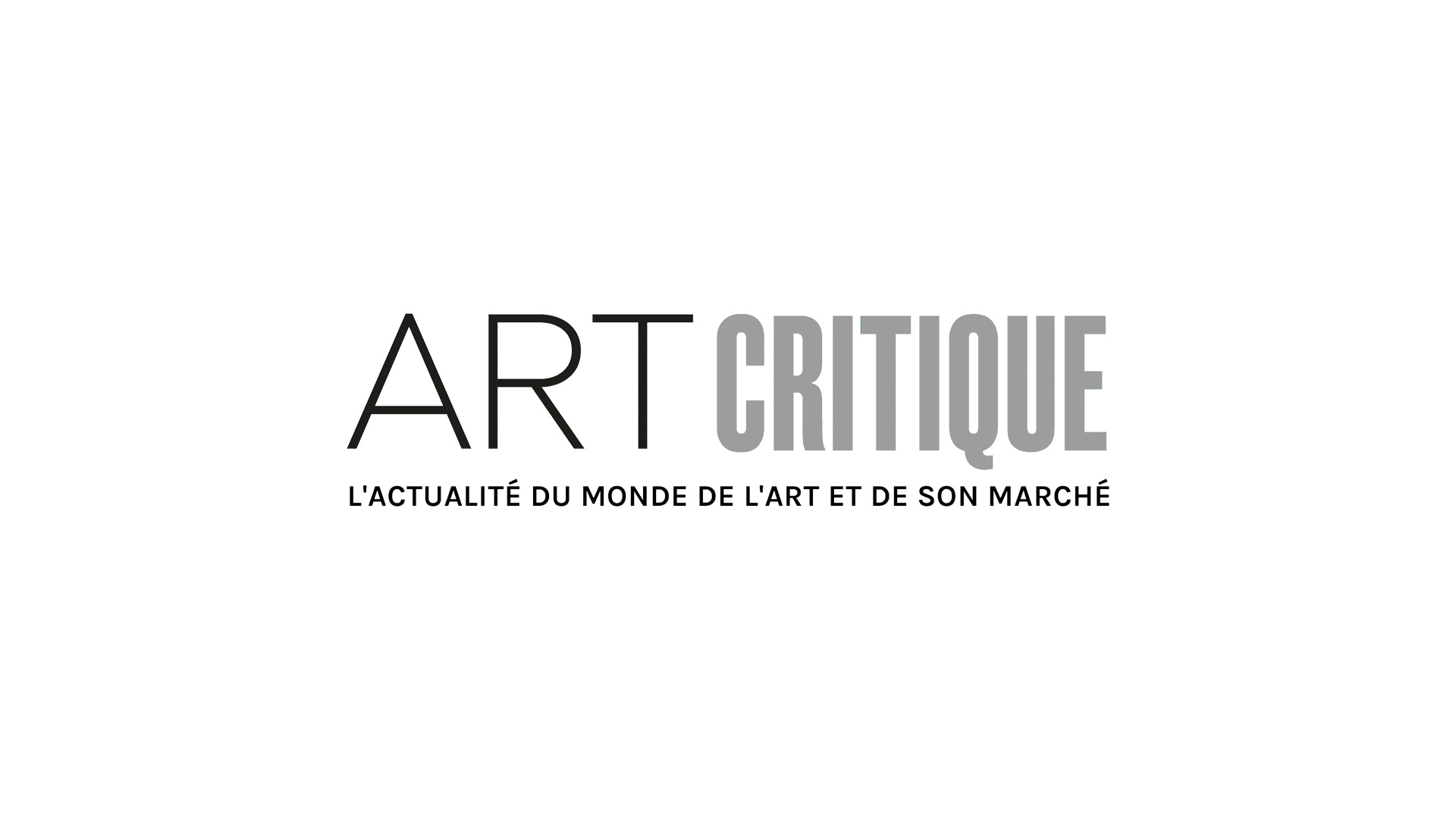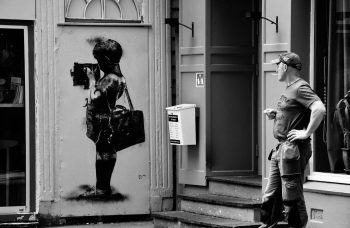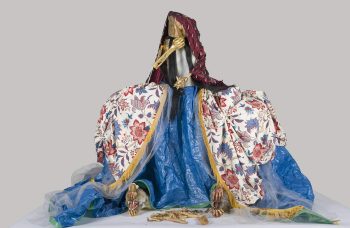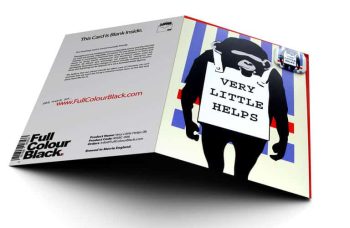The Ford Foundation and the Andrew W. Mellon Foundation have announced the first recipients of a new, 18-month fellowship programme. The Disability Futures Fellows seeks to recognise and amplify the voices and work of disabled artists and creatives. Recipients of the fellowship, which is the first and only of its kind in the US, will receive a $50,000 (£38,697) no-strings-attached grant (administered by United States Artists) and benefit from a creative community spanning various genres and mediums.
Announced just yesterday, the inaugural cohort of fellows for the 2020 programme are:
- Navild (niv) Acosta – multimedia
- Eli Clare – poet, essayist
- Sky Cubacub – garment maker
- Rodney Evans – filmmaker
- Jerron Herman – dancer
- Carolyn Lazard – interdisciplinary artist
- Riva Lehrer – painter and writer
- Jeffrey Yasuo Mansfield – designer
- Perel – performance artist, dancer, choreographer, and writer
- Alice Sheppard – choreographer
- Patty Berne – artistic director, filmmaker, and writer
- John Lee Clark – writer
- Jen Deerinwater – journalist, non-fiction creative writer, memoirist, and photographer
- Ryan J. Haddad – playwright and performer
- Christine Sun Kim – artist
- Jim LeBrecht – film director and producer
- Tourmaline – filmmaker
- Mia Mingus – writer and journalist
- Leah Lakshmi Piepzna-Samarasinha – writer and performance artist
- Alice Wong – journalist
The Disability Futures Fellows is the outcome of a year of research, of working with, discussing, and interviewing disabled practitioners to best understand how to support disabled artists. The fellows programme was initiated by the Ford Foundation, who wanted to “pierce the veil of who counts,” but as pointed out by Margaret Morton, director of creativity and free expression for the foundation, this involved a steep learning curve. “I realized I needed to learn much more, we needed to learn much more as a team, about language and about how to engage,” Morton told the New York Times.
The Ford Foundation first reached out to United States Artists and then brought in the Mellon Foundation. With a board of 60 advisors, many of whom are disabled creatives, themselves, the fellowship began to take shape involving everything from an accessible application process to flexible grant options (including lump sum, payment, and deferment options to work with recipients in the best way possible).
Nominated by peers, the 20 selected artists represent a diverse range of practices from journalism to performance art and span multiple generations. The aim of the Disability Futures Fellows is not only to support these artists in their creative process but also to “shed light on the dearth of visibility of disabled creatives,” and “spur additional attention, engagement, and support for disability-led content, productions, and projects in the years to come.”





